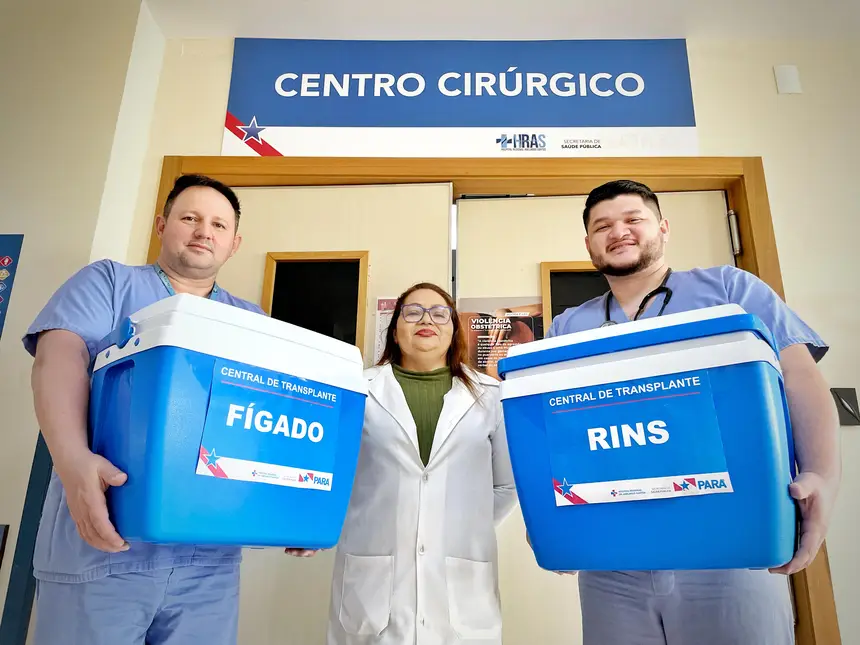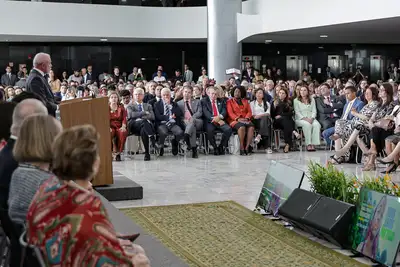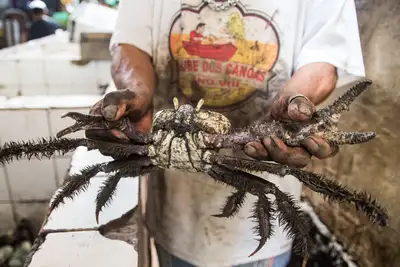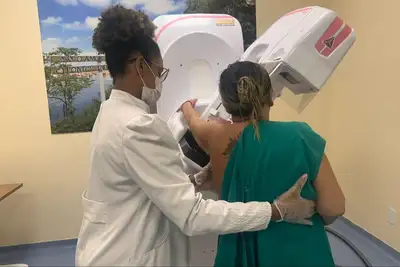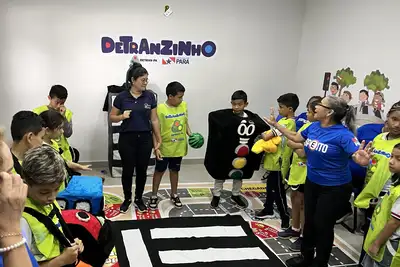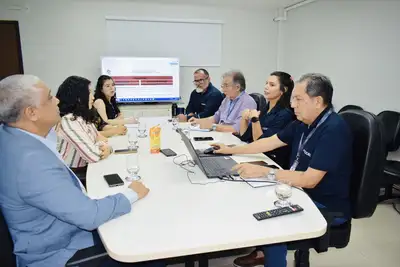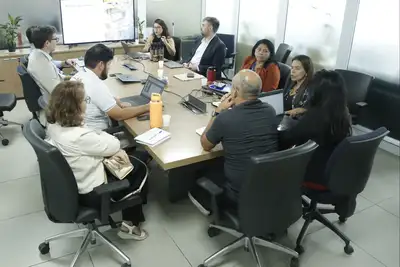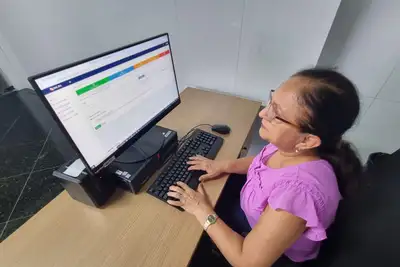Abelardo Santos Hospital strengthens transplant network with 8 organ donations in one month
Procedures follow all protocols of the Ministry of Health
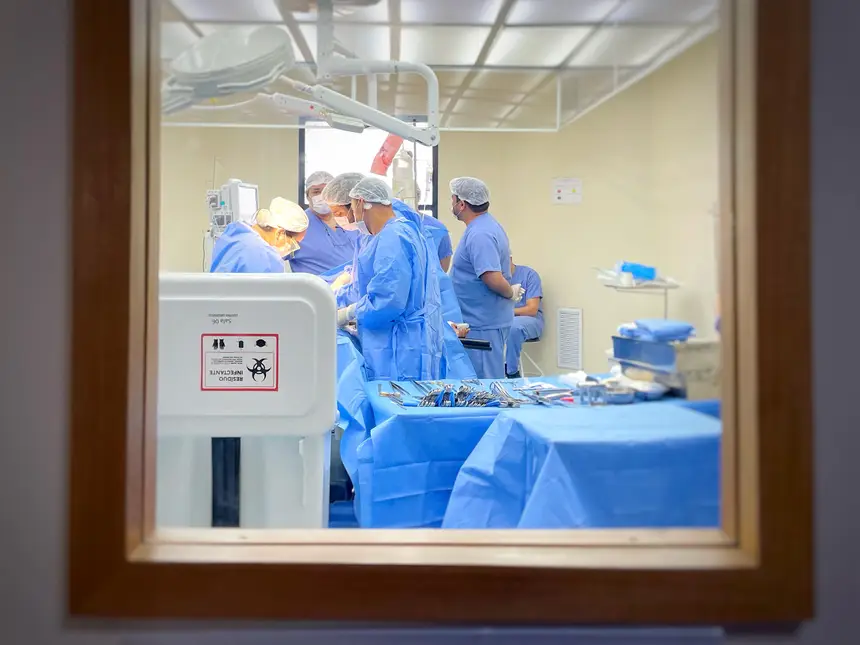
In just 20 days, the Dr. Abelardo Santos Regional Hospital (HRAS) performed eight organ donations. This result represents a significant advancement in consolidating the unit as a reference for kidney and liver donations in Pará - thanks to the solidarity of those who, even in the pain of loss, authorized the donation of their loved one's organs and helped save other lives during this period.
“Eight people received a new opportunity. It is a meticulous process, but also very noble. Each donation carries with it a journey, a family, and a choice that transforms the reality of those waiting for a transplant,” highlights nurse Dejenane Costa, president of the Intra-Hospital Commission for Organ and Tissue Donation for Transplants (CIHDOTT) at HRAS.
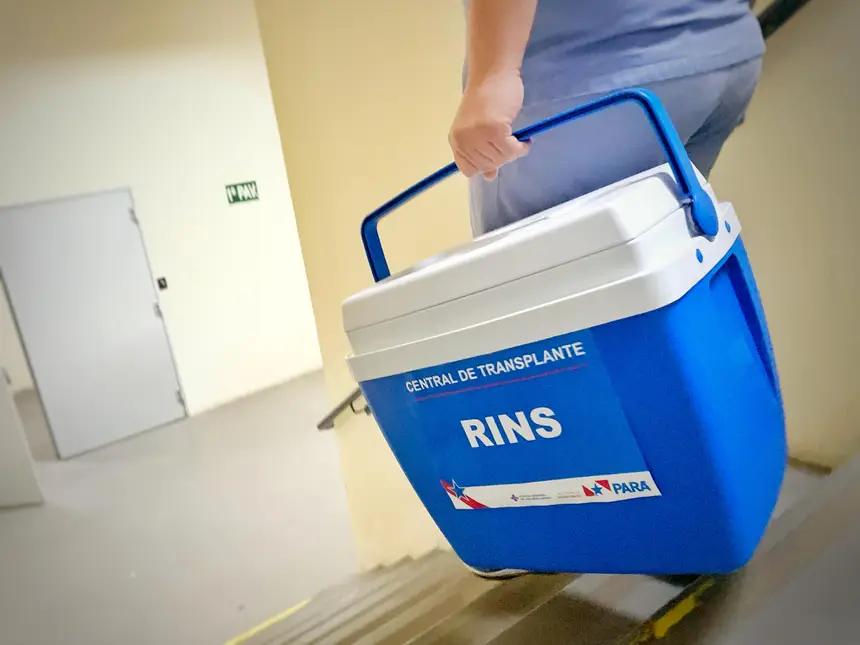
Dejenane adds that “organ donation is not just about saving lives, it is about transforming pain into hope” and that “these families understood that, even in the most difficult moment, it is possible to make a difference.” She concludes: “Therefore, discussing your wish to donate your organs while still alive with your family is essential, as the decision and authorization for donation come from first-degree relatives.”
The procedures follow the protocols of the Ministry of Health, with clinical examinations and the evaluation of the hospital's CIHDOTT, until the confirmation of the diagnosis of brain death. The donations were made possible by the State Health Department of Pará (Sespa), through the State Transplant Center (CET), as part of actions that strengthen the public transplant policy in the state.
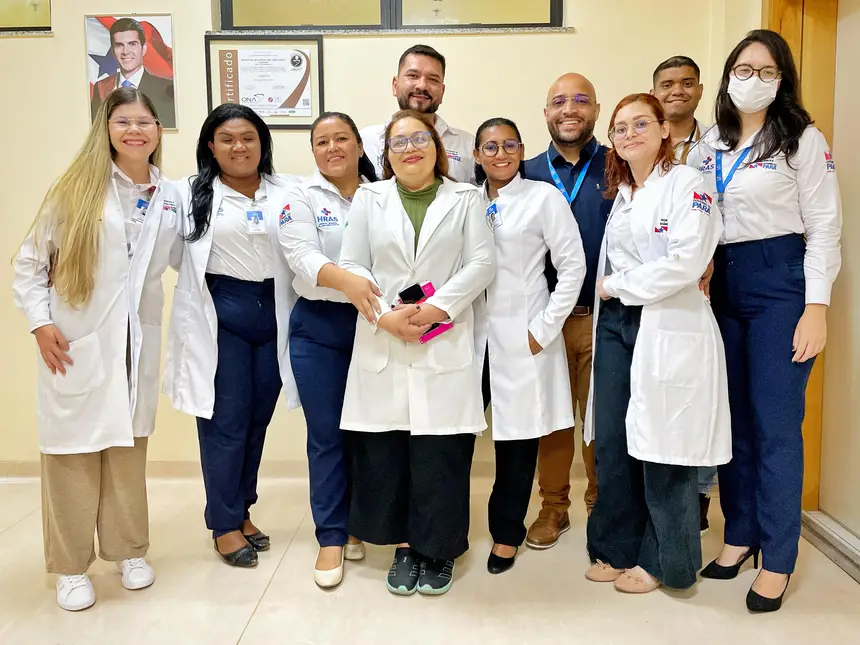
Growth
The recent result from HRAS adds to the positive statistics in Pará, which, in recent years, has recorded a 130% growth in the area of transplants. According to Sespa, between 2022 and 2024, there were 1,512 procedures, with the cornea being the most demanded tissue during this period. In 2022, there were 272 donations. The following year, this total rose to 613, and in 2024, it reached 627 procedures.
For the CET coordinator, Dr. Alfredo Abud, the hospital's performance reflects the advancement of the state transplant policy and the commitment of the Government of Pará to expand this service. “The integration between the Transplant Center, intra-hospital commissions, and multiprofessional teams ensures agility, safety, and quality throughout the process. The numbers show that we are on the right track, with investments in structure, training, and awareness of the network,” he stated.
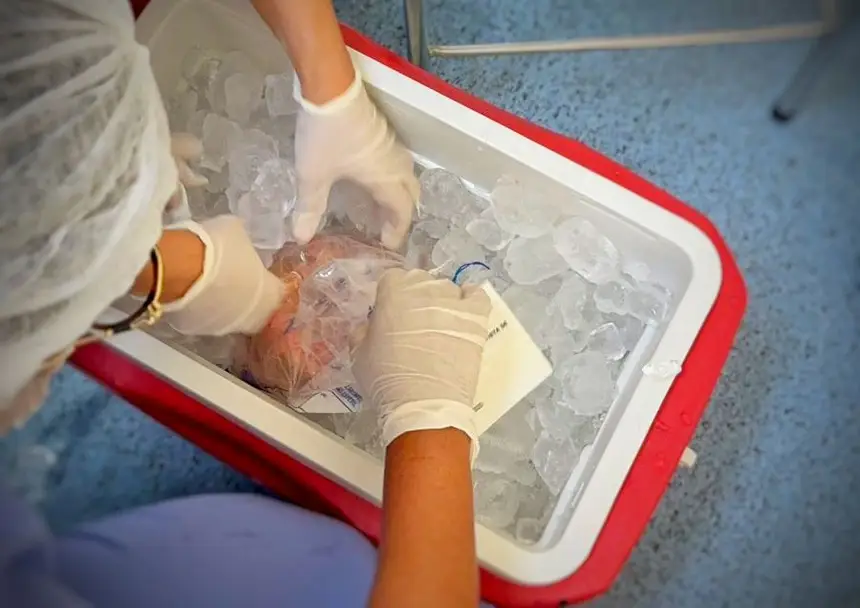
Challenges
Located in Icoaraci, a district of Belém, HRAS is a reference in high-complexity structure and in humanization during the process. The care extends from welcoming the patient to supporting the family members. Each organ donation is conducted by a trained multiprofessional team, composed of doctors, nurses, social workers, psychologists, and other specialized professionals.
However, despite the growth and the available technical and human apparatus, the donation rate is still considered low, as the numbers show: In 2024, for example, of the 17 patients considered potential donors at Abelardo Santos Hospital, only two had the donation completed after family authorization. This means that in that year, there was a refusal from 88.23% of the relatives.
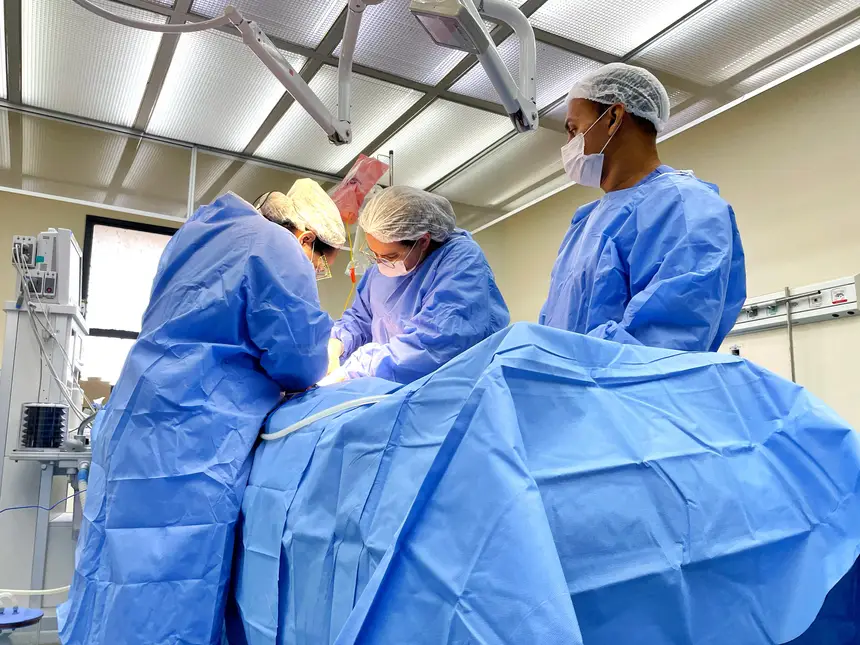
For nurse and vice-president of CIHDOTT, Daniel de Freitas, the reasons for refusal are diverse: “In many cases, the family is unaware of the deceased's wish to be a donor, which creates insecurity and resistance at the moment of decision. The lack of information about the donation and transplant process, as well as myths and distrust about the integrity of the body, also weigh in,” he revealed.
Religious and cultural issues are other factors. “Although most religions do not oppose organ donation, many families interpret the practice as a disrespect to the body or fear interfering with the farewell. In light of these and other factors, Abelardo Santos Hospital has intensified awareness campaigns so that we can change this reality,” said Daniel de Freitas.
On a national level, according to the Brazilian Association of Organ Transplantation (ABTO), more than 40% of possible donations do not materialize due to family refusal. This means that, even with the potential to save up to eight lives with a single donor, the final decision of relatives prevents the process from advancing. Currently, more than 43,000 people are waiting for a transplant in Brazil.
How to be an organ donor?
According to ABTO and the Transplant Law, no declaration made during life is considered valid to authorize organ donation. This means that it is not possible to register this wish in a will or in documents such as an identity card or driver's license. For this reason, the most important step is to talk to your family and make your wish to be a donor clear.
“The more people we can sensitize about the importance of organ donation, the more we expand the possibility for those patients waiting for an organ to finally experience the moment of transplantation. So our goal is to make this family understand the importance of the process and leave here as replicators of this act of love,” concluded CIHDOTT nurse, Lucinéia Veloso.


